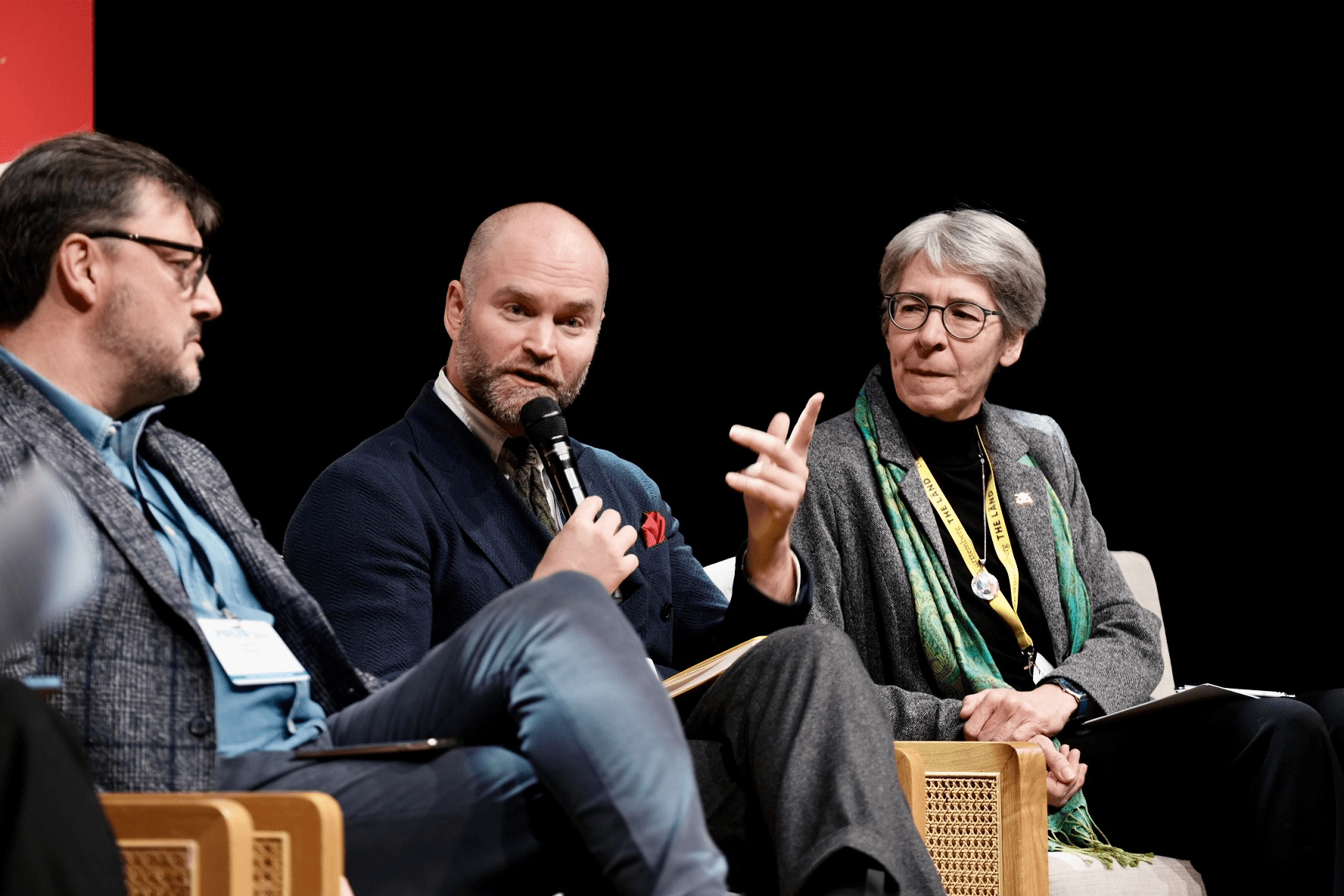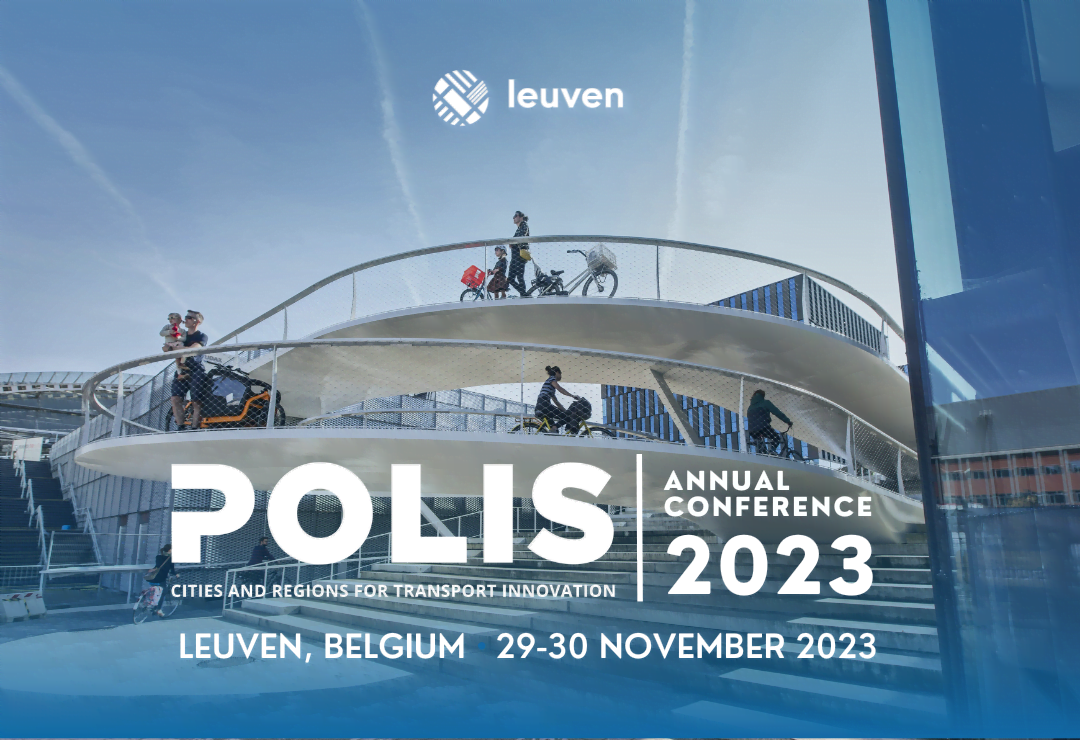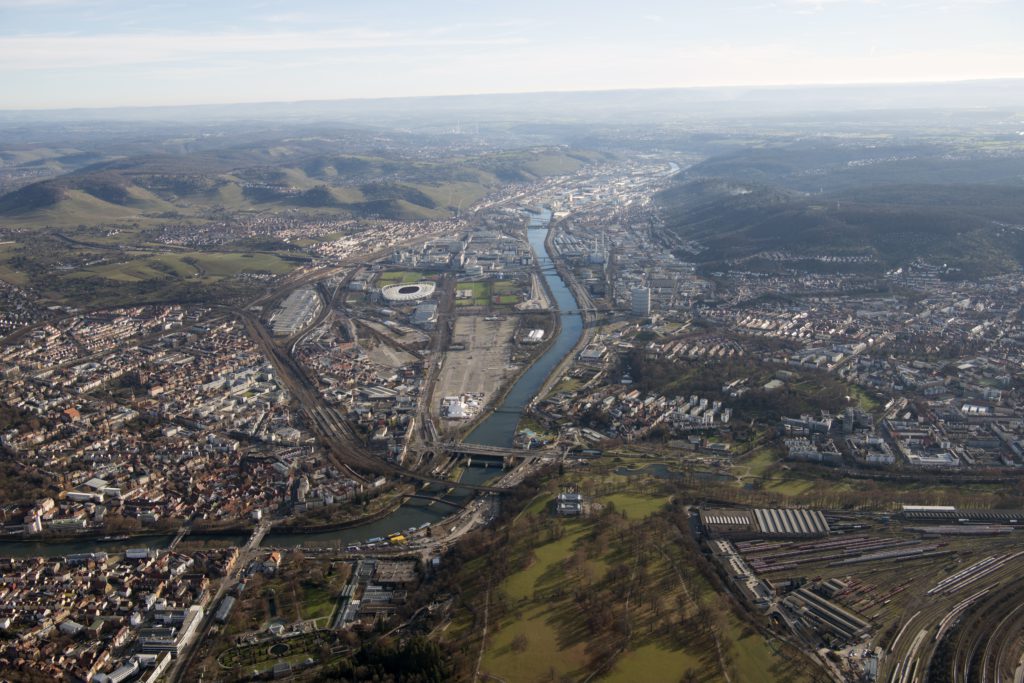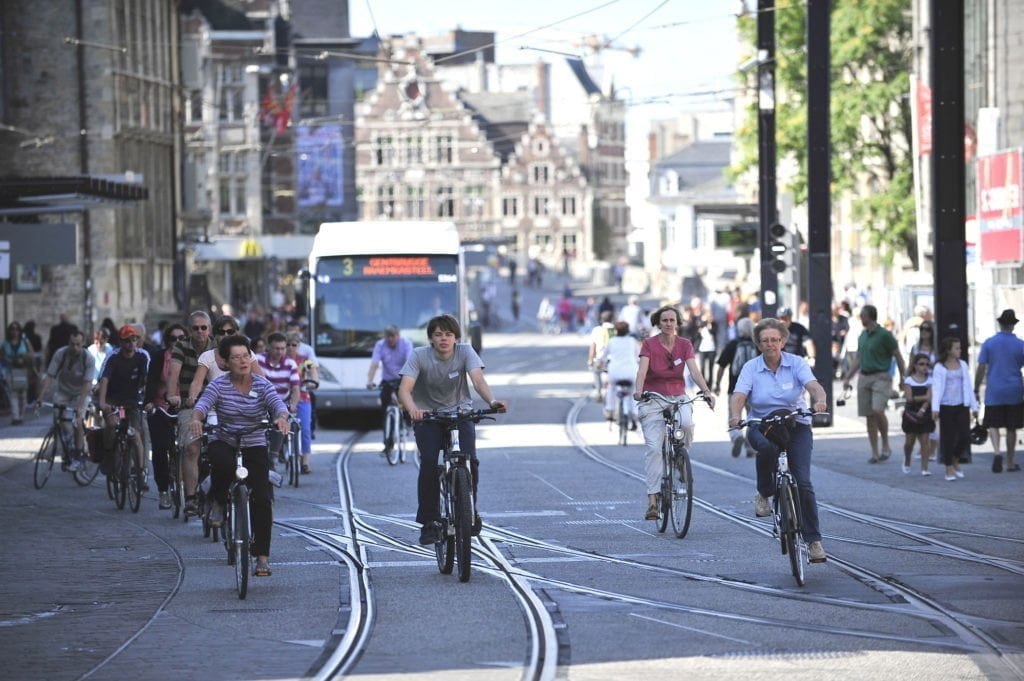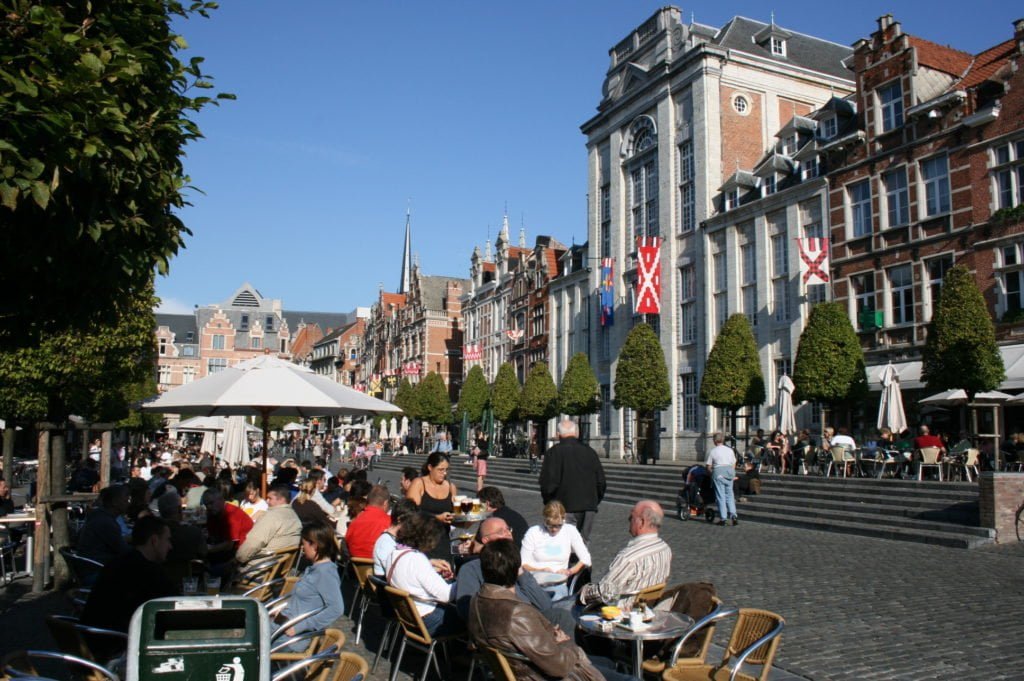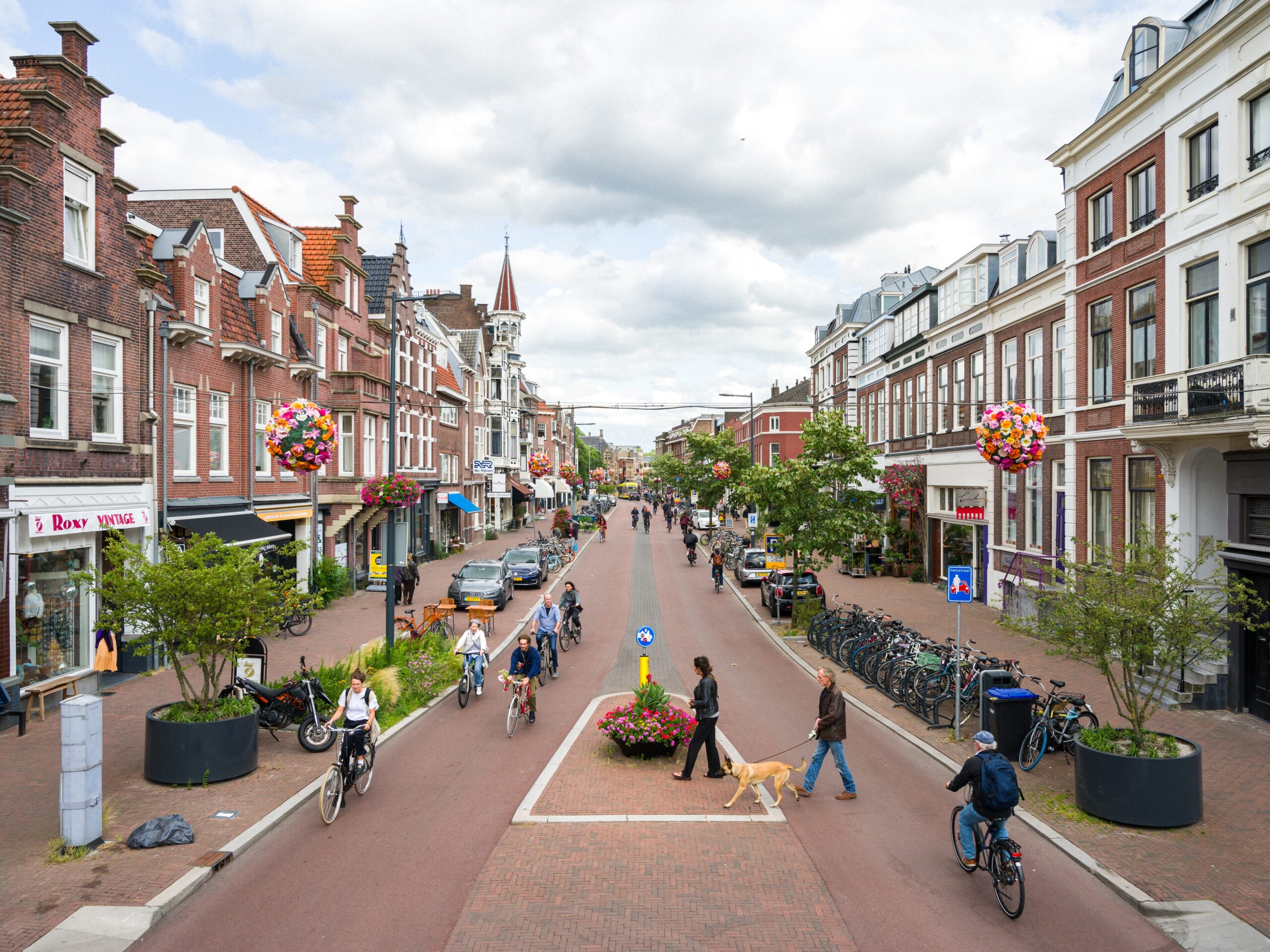Winning elections with sustainable mobility? POLIS’ Annual Conference reveals just how!
The Closing Plenary at the Annual POLIS Conference brought together deputy mayors from across Europe to demonstrate just how sustainable mobility action pays off.
Today’s urban mobility leaders face a critical challenge. The status quo is no longer viable, and a transition to more sustainable, more equitable and smarter transport in cities and regions is vital. Yet, many fear sustainability agendas and political success are incompatible. How to decarbonise and decongest our cities, while securing a second term, is the question on everybody’s lips.
An urgent shift
On 29 and 30 November, the Annual POLIS Conference, this year hosted by the Belgian City of Leuven, convened cities, regions, and stakeholders from across the transport sector to answer this question — and many more.
The shift to more sustainable urban mobility is shrouded in misinformation and confusion, and thus cementing this urgent shift in a (democratic way) is all too often an uphill battle for policymakers and practitioners.
Transformative change demands dedication, tenacity, and bravery. Yet, such resilience pays off. Across Europe, local, national, and international decision-makers are proving that progressive policies pay. From Rome to Stockholm, Utrecht to Ghent, Mayors and Deputy Mayors are championing cleaner mobility and more inclusive urban space. Cleaner shared, and active forms of transport are slowly reshaping our cities to include those they have historically marginalised, supporting local businesses and cutting carbon emissions.

Closing Plenary - Credit: Berten Steenwegen
Momentum is growing
So, momentum is growing, but how do we strengthen this movement, accelerating at the speed necessary? And how to deal with the backlash and get buy-in from citizens to bring about the much-needed transport transformation towards a more sustainable future?
Over two days, the Annual POLIS Conference provided a unique forum for cities, regions, academics, operators, and others from across the industry to share what they have been doing and learn from their peers.
The Closing Plenary brought this all together, examining how we create and support a much-needed transformation in public opinion, connecting policymakers and citizens.
'Politicians overestimate the resistance to sustainable policy measures, including sustainable mobility policy measures,' said keynote speaker, Stefaan Walgrave, Professor of Political Science at the University of Antwerp.
'But in the long run, politicians do win with sustainable policies. Once people get over their cold-feet responses, once the policies are actually implemented, many people will probably agree after a while that this was the best choice and that their lives have become better and not worse.'
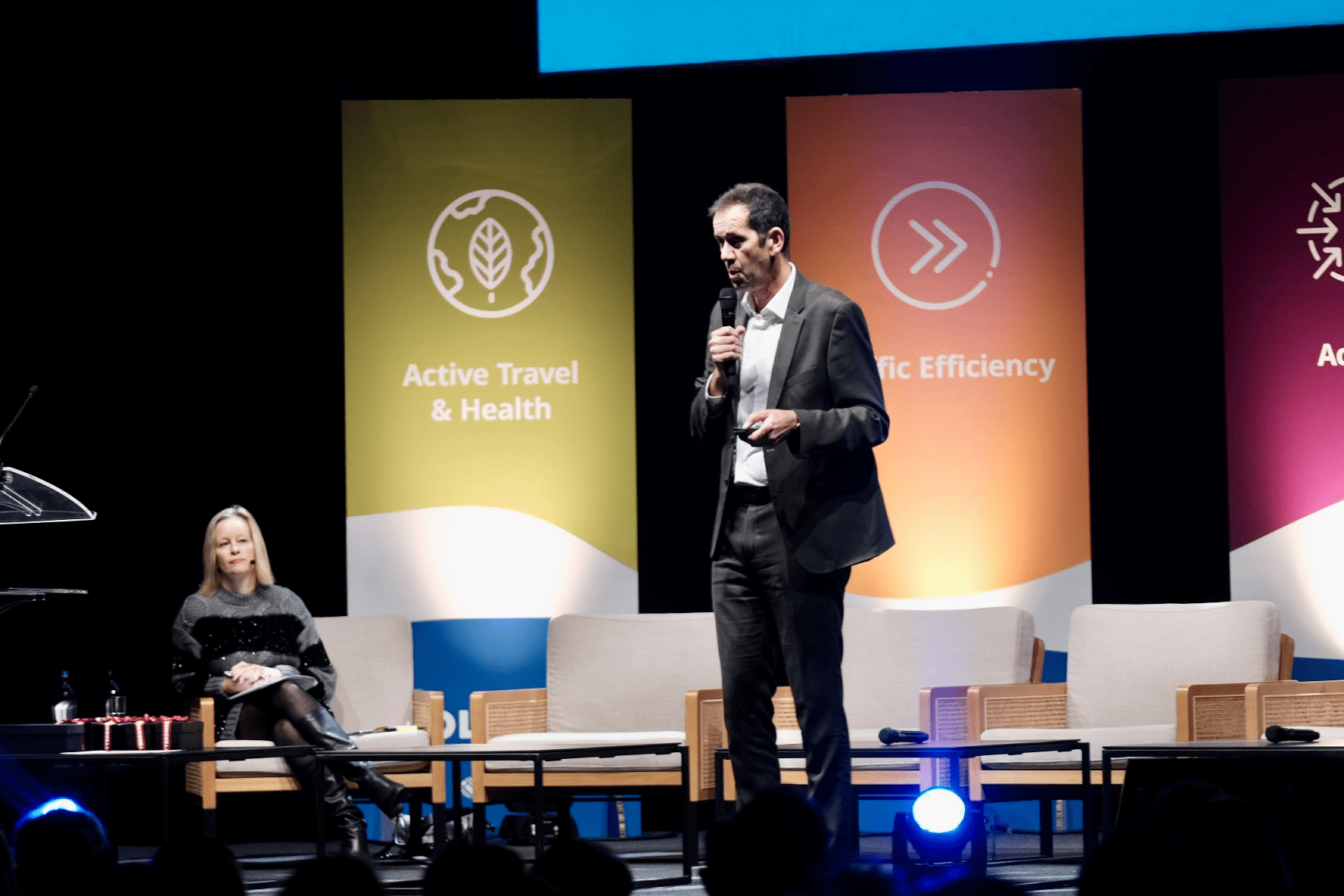
Credit: Berten Steenwegen
Meeting the leaders
To provide insight into how this works on the ground, the very real challenges faced, and solutions found, a panel of deputy mayors from POLIS cities and regions took to the stage.
Speakers included:
- Filip Watteeuw, Deputy Mayor for Mobility, City of Gent
- Eugenio Patanè, Deputy Mayor for Mobility, City of Rome
- Lars Strömgren, Deputy Mayor for Mobility, City of Stockholm
- Elke Zimmer, State Secretary for Ministry of Transport Baden-Württemberg
- Eva Oosters, Deputy Mayor for Zero-Emission Mobility, City of Utrecht
'Utrecht is at the forefront of sustainable mobility. But it has its challenges. The transition to healthy urban living takes time. As politicians, we must inspire and include our citizens and stakeholders to see the benefits. They have creative solutions for sustainable mobility. So, therefore, it’s necessary to work together, but also show leadership towards the future. Now more than ever. As cities we are united in the challenges that we face,' says Eva Oosters.
'Changes in transport that improve sustainable forms of mobility and the quality of life can no longer be imagined otherwise after a short time. However, the moment of disruption is often critical for politicians, as a few voices in particular become loud and dismissive. For this reason, good communication and participation formats are needed to shape the transport transformation together with the people,' says Elke Zimmer.
'Sustainable urban mobility is the only way to increase quality of life, reduce accidents, increase inclusion and keep growing cities accessible. Which local politician wouldn’t want this? But apparently, to invest in sustainable urban mobility, only progressive local politicians dare to look at the position of the car in this story,' says Filip Watteeuw.
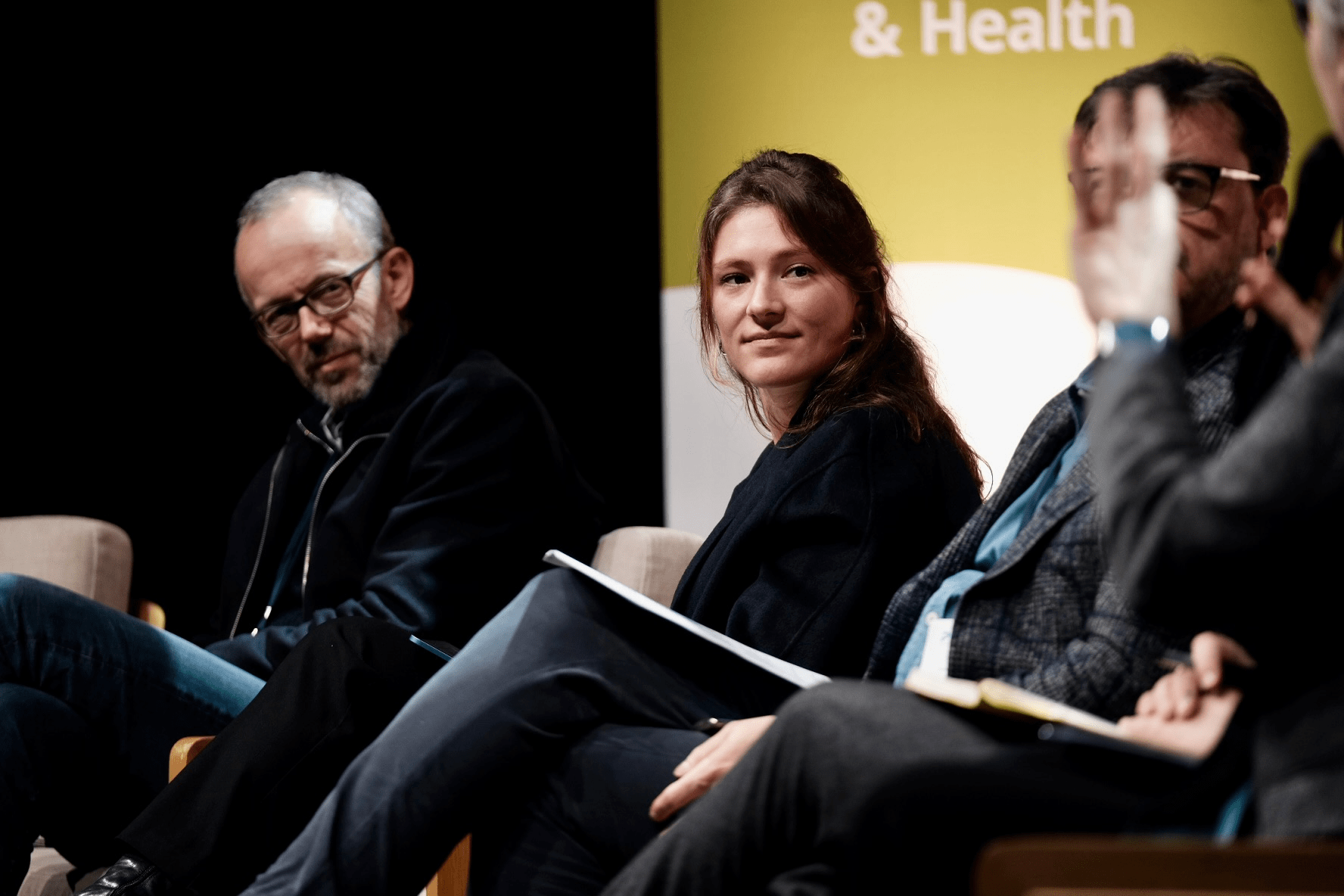
The panel - Credit: Berten Steenwegen
'Many residents are concerned about climate change, but climate policy is often perceived as abstract. Sustainable urban mobility is a vision that is both hopeful and tangible. We present a solution that lowers emissions while creating a city with more efficient commuting, fresher air, more greenery, accessible waterfronts and vibrant pedestrian streets. We offer voters a positive vision for the future,' says Lars Strömgren.
'All modes of transport with an integrated MaaS approach, great last-mile shared service for city users, transformation of road spaces to active mobility, breathing better air, helping Rome regain its greatness: our challenges for the coming elections after a great Jubilee year,' says Eugenio Patanè.
Celebrating the POLIS Award
The Closing Plenary also saw the presentation of the POLIS Award, an annual celebration of a leading light in the POLIS Network, a city — or region — which has championed sustainable urban mobility and supported their peers on their own journey.
This year’s trophy went to Groningen for its forward-thinking approach to sustainable mobility at the Annual POLIS Conference, as well as its long-term dedication to a cleaner, fairer and smarter city and its ongoing active involvement in the network.
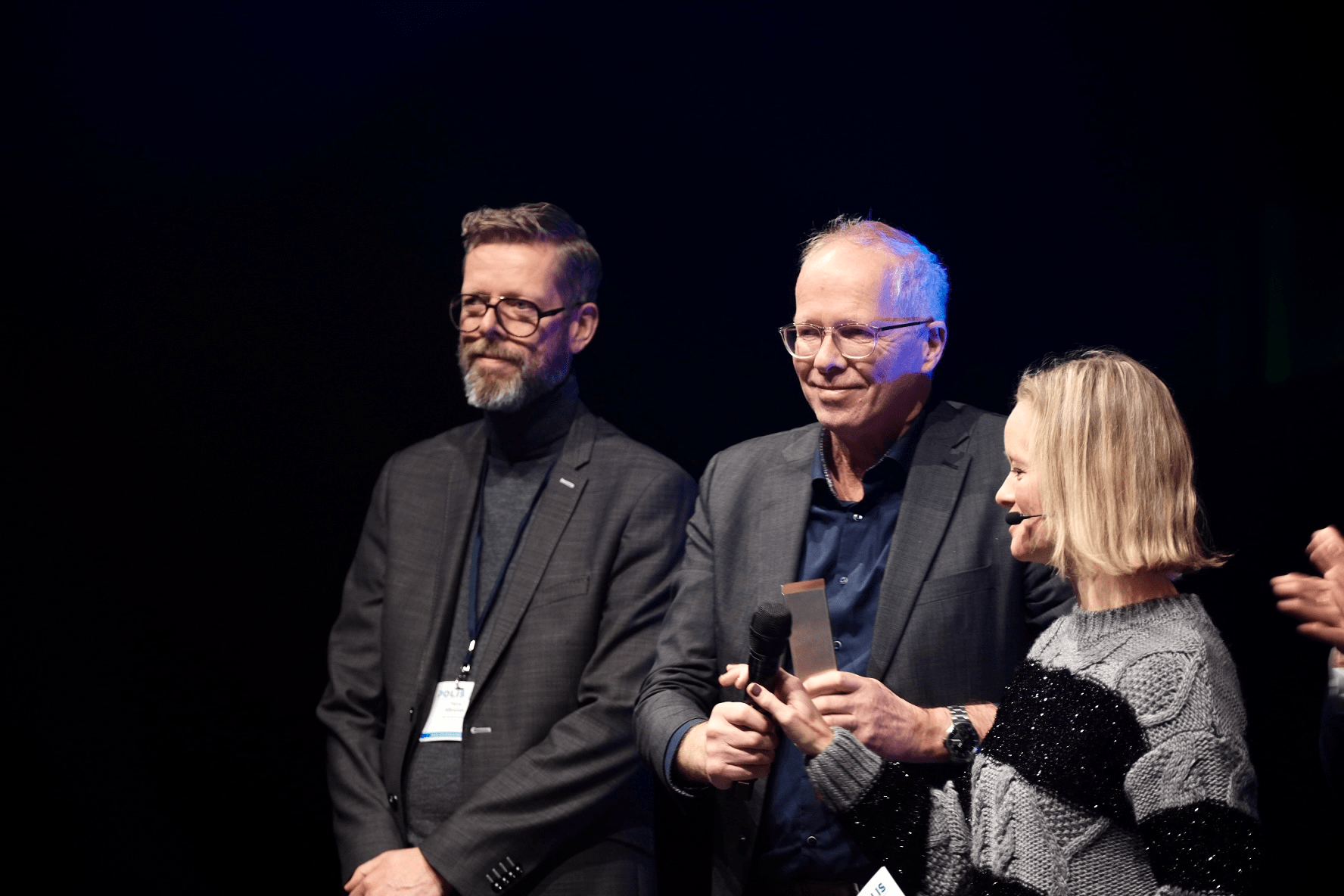
The Groningen team! - Credit: Berten Steenwegen
